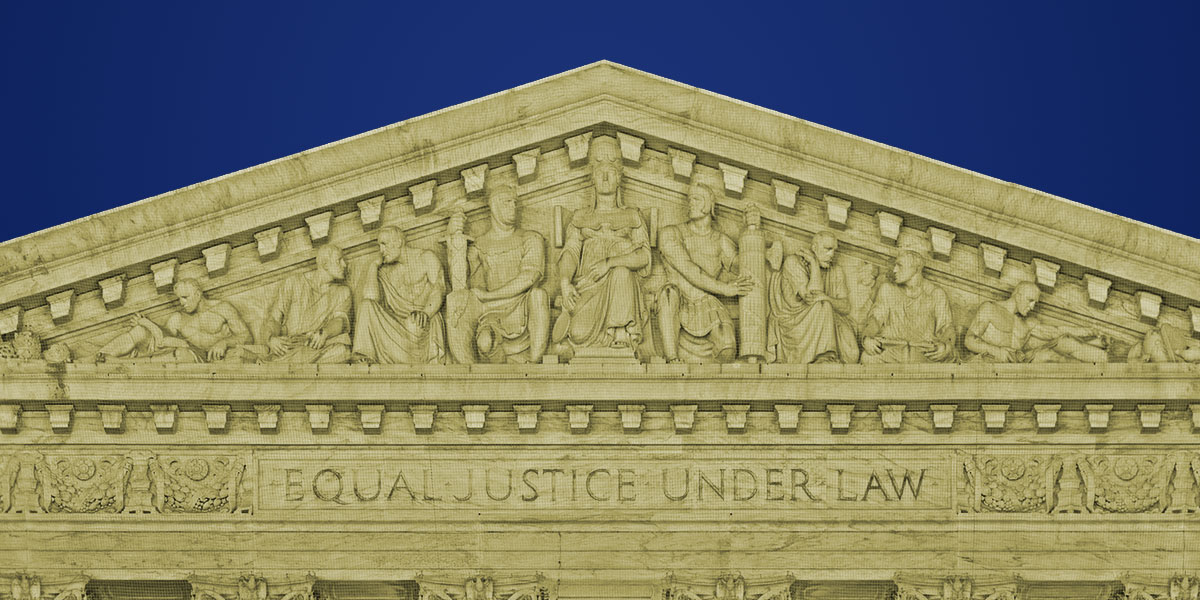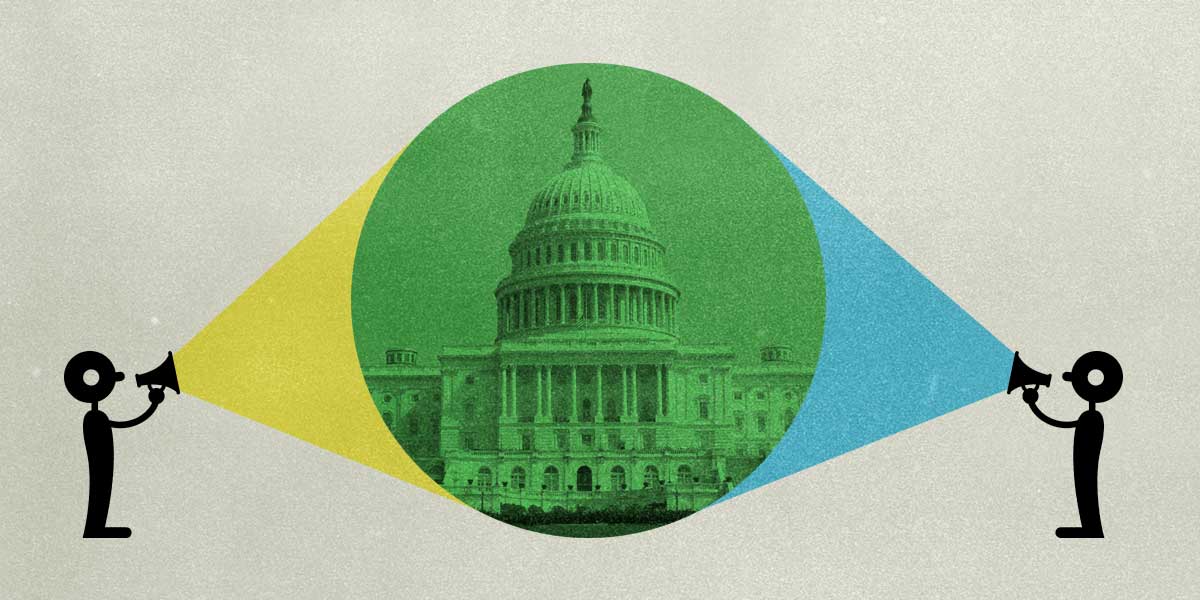EFF Statement on TikTok Ownership Deal
One of the reasons we opposed the TikTok “ban” is that the First Amendment is supposed to protect us from government using its power to manipulate speech. But as predicted, the TikTok “ban” has only resulted in turning over the platform to the allies of a president who seems to have no respect for the […]
Continue Reading





